Form Gt-400400 - Tax Information For Motor Vehicle Dealers Booklet Page 50
ADVERTISEMENT
Penalties
Any person who willfully fails to comply with these reporting requirements is guilty of a
misdemeanor of the first-degree, punishable as provided in s.775.082, F.S., or by a maximum fine
of $250,000, or by both imprisonment and fine. Second and subsequent convictions carry greater
fines. A copy of each large currency transaction report must be retained for five years from the date
of filing.
Section 17
Automobile Dealership Audits
The Department of Revenue audits taxpayers to ensure that Florida tax laws are being uniformly
enforced, deter tax evasion, promote voluntary compliance, and educate taxpayers. While most tax
returns are accepted as filed, returns are audited to verify accuracy and evaluate compliance.
A tax audit should be an educational experience that provides an understanding of your
responsibilities and rights under Florida tax laws. It should not be a frustrating, time-consuming
experience. Although an audit is an enforcement tool to ensure tax compliance, it can also help
businesses identify and correct bookkeeping problems that could cause additional tax liabilities. The
Department of Revenue wants to help taxpayers avoid penalties and interest that can result when
taxes are not paid correctly or on time.
Sales Issues
During the course of a sales and use tax audit, auditors will:
•
Verify gross sales by checking general ledgers, sales journals, federal income tax returns,
bank records, and source documents.
•
Determine all sales activity of the dealership, which typically includes new and/or used car
sales, car rentals, repair shop, parts department, body shop, vending machine sales, and
commercial rentals.
•
Review all sales transactions to be sure the taxable base (net selling price) is calculated
correctly, considering trade-ins, dealer prep fees, etc., included in the deal. Consideration is
also given to the local option taxes, with the $5,000 cap applied to individual transactions.
•
Determine if financing is done by the dealership, and check for documentary stamp tax
issues. Verify where receivables are held by the dealership on financed vehicles. Also verify
that the amount of documentary stamp tax purchased is in agreement with the volume of
financed sales.
•
Verify documentation of exempt sales activities to verify accuracy of exempt sales status.
Determine that exempt sales affidavits exist for all vehicles delivered out of state, or sold to
exempt entities. Make sure all exempt sales are properly documented, including exemption
certificates and exemption permits.
Purchase Issues
Consumable supplies used in repair and body shops can be a problem. In many cases these
consumable supplies have been purchased tax-exempt and no use tax has been reported. These
items are consumed, rather than being resold, and are subject to use tax.
Fixed asset purchases are looked at in detail to make sure the proper tax was paid at the time of
purchase. General ledgers and federal tax returns are usually reviewed to determine the extent of
these types of purchases. Problems usually occur from purchases that were shipped in from out-of-
state untaxed, or exempted mistakenly for resale purposes, at the time they were purchased.
Purchase invoices are reviewed to determine proof of tax paid.
Florida Department of Revenue, Tax Information for Motor Vehicle Dealers, Page 45
ADVERTISEMENT
0 votes
Related Articles
Related forms
Related Categories
Parent category: Financial
 1
1 2
2 3
3 4
4 5
5 6
6 7
7 8
8 9
9 10
10 11
11 12
12 13
13 14
14 15
15 16
16 17
17 18
18 19
19 20
20 21
21 22
22 23
23 24
24 25
25 26
26 27
27 28
28 29
29 30
30 31
31 32
32 33
33 34
34 35
35 36
36 37
37 38
38 39
39 40
40 41
41 42
42 43
43 44
44 45
45 46
46 47
47 48
48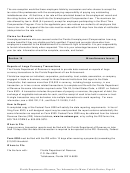 49
49 50
50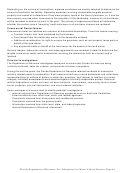 51
51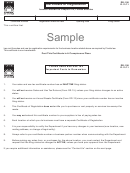 52
52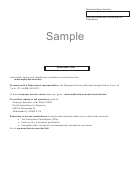 53
53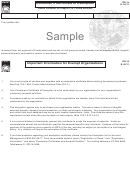 54
54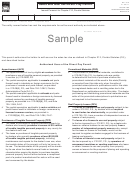 55
55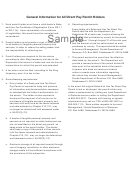 56
56








